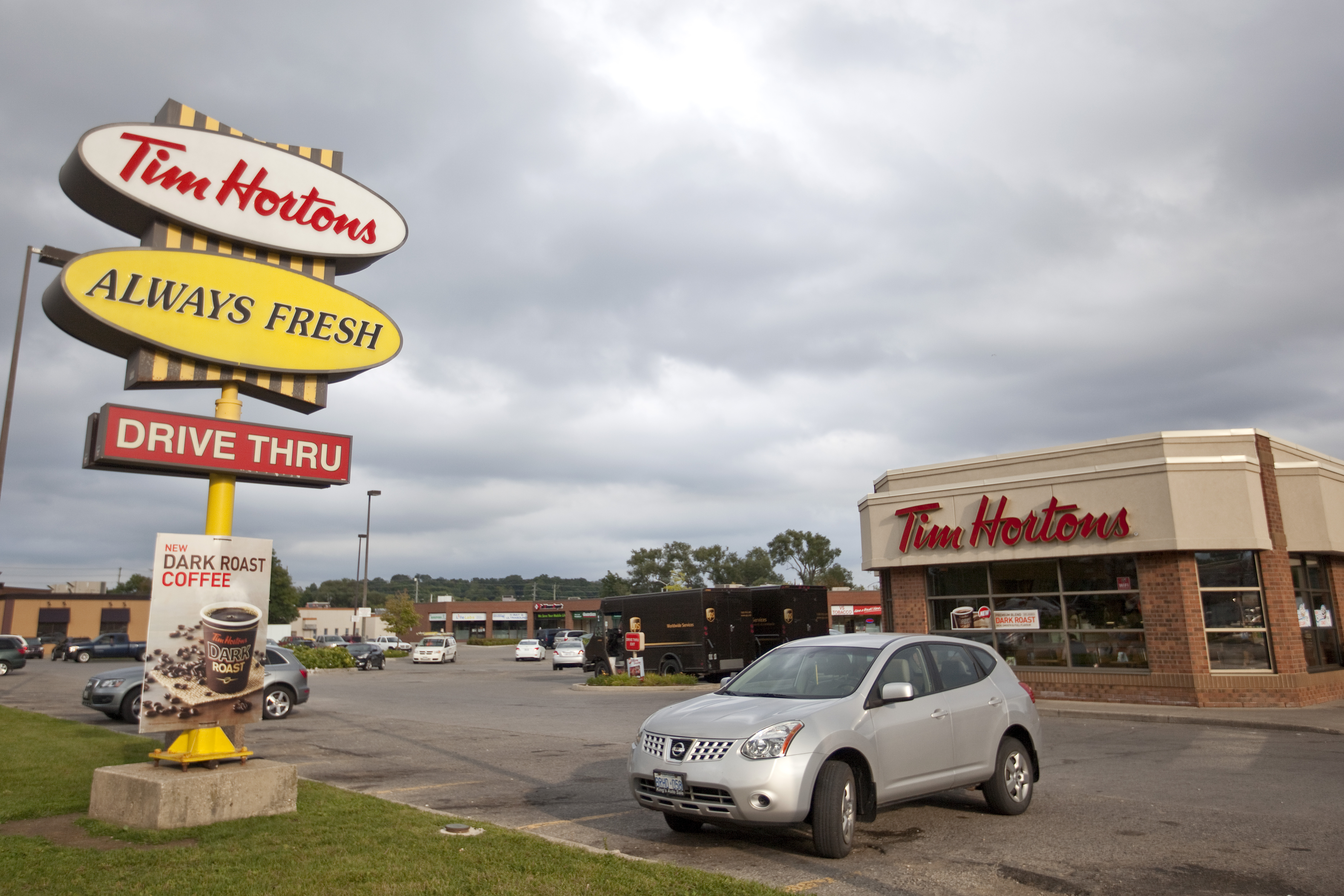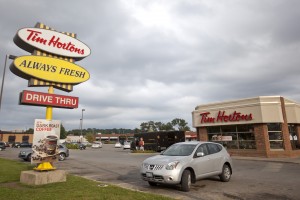NAFTA’s legacy rears its ugly head

Burger King is buying Tim Horton’s. It sounds like a match made in corporate capitalist hell.

26 years ago the Canadian public, along with its political spheres, engaged in a long debate over the 1988 federal election.
On one side, Prime Minister Brian Mulroney argued that a bilateral free trade agreement with the United States would be beneficial for the Canadian economy.
On the other side, Liberal party leader and former Prime Minister John Turner argued that Canada would be at a loss for decades — if not centuries — to come.
In the end, Mulroney won out and within six years the North American Free Trade Agreement (NAFTA) was signed between Canada, the United States and Mexico.
What’s often forgotten about the Free Trade debate is that it had raged on long before 1988.
Prior to confederation the Americans actually reneged on a free trade agreement with Great Britain, and then after confederation John A. Macdonald killed free trade talks with a protectionist National Policy.
Then in the election of 1911, Wilfrid Laurier got booted from office because his opponent, Robert Borden, convinced Canada that free trade was the first step to the U.S. bringing Canada into its union.
While so far NAFTA has not led to our American neighbours attempting an actual invasion, economists continue to say that it is too soon to tell what the long-term effects of NAFTA will be on the economy and industries of Canada.
However, in recent years we have seen its ugly head start to rear with the mass exodus of Canadian companies across the border.
Whether it’s from the manufacturing sector or just control by foreign investors, Canadians are slowly losing control of their companies.
Recently, we’ve seen a new repercussion that some are trying to sell as a positive, while others are decrying as a loss of a Canadian institution: Burger King is buying Tim Horton’s. It sounds like a match made in corporate capitalist hell.
While it’s not the first time that Tim Horton’s has engaged in a merger, this time is a little different because rather than a foreign company trying to buy out our Canadian institution, Burger King is trying to buy in to Canada for tax reasons.
It’s a funny proposition considering recent political debates. Rather than Canadian companies trying to hide their money overseas to avoid Canadian taxes, it’s an American company running to us to get away from Uncle Sam.
One could even argue that it looks like we’ve become the tax haven in this situation. However, it is really not the case here.
Yes, Canada will get a marginal bump due to this merger. Burger King coming here does represent an investment and while the company will still be operating in the U.S., it will be paying its primary corporate taxes to the Canadian government instead.
However, if anyone thinks they won’t just join the bandwagon of Canadian companies already hiding in tax shelters they are deluding themselves.
This deal is not simply two companies merging; it is one Brazilian hedge fund that bought Burger King four years ago now attempting to buy Tim Horton’s to provide their other assets with a tax shelter.
It is NAFTA rearing its head for the detriment of both countries and for the benefit of a foreign investment fund.
It is capitalism run amok and it is exactly what was intended with the free trade negotiations almost 30 years ago.
Rather than putting the interests of people first, free trade puts the interests of corporations first.
It makes me fear for the future, which our government has spent the past decade negotiating new pacts across the world. Burger King is just the tip of the iceberg.

